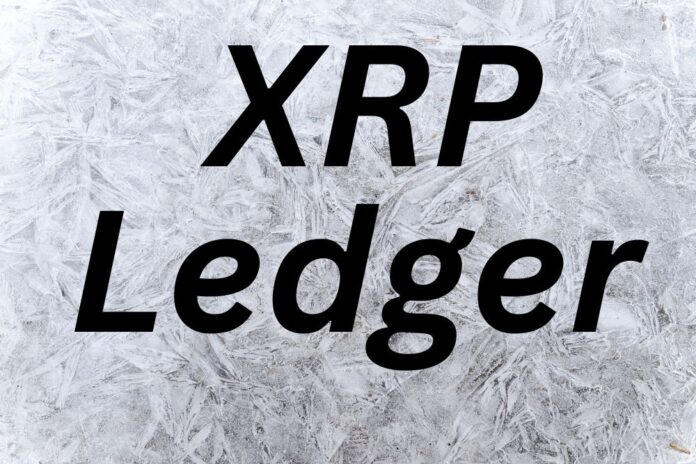A validator on the XRP Ledger (XRPL), known as VET, recently shared insights on the necessity of active participation in the XRPL ecosystem to encourage the expansion of RLUSD, the stablecoin issued on the network. VET emphasized that for RLUSD adoption to increase, users must engage more with the XRPL.
The statement highlighted the importance of both retail and institutional users in driving the ecosystem forward by utilizing the ledger’s capabilities and providing feedback to builders.
VET’s post underlined a fundamental aspect of blockchain ecosystems: growth is driven by usage. The validator pointed out that relying on others to increase adoption while remaining inactive is not sustainable. Instead, users should communicate their needs to developers, support new applications, and continuously engage with the network.
Honestly folks, if we want more $RLUSD on the XRP Ledger then we have to use the XRPL more.
Tell builders what you want, let them build it, use it – repeat. Ecosystems need retail and institutional to bootstrap.
Can't expect others to use the XRPL if you don’t use it yourself.
— Vet (@Vet_X0) April 2, 2025
Addressing Smart Contract Deployment on XRPL
In response to VET’s remarks, an X user, DOQ, inquired about the best approach for developing smart contracts related to the XRPL. The user asked whether developers should wait for the XRPL to implement native smart contract functionality or proceed with the Ethereum Virtual Machine (EVM) sidechain.
VET acknowledged the complexity of the situation, noting that deciding where to allocate development resources is difficult given the evolving nature of the XRPL. The validator stated that if compliance requirements allow a given use case to operate within the XRPL while handling automated logic off-chain in a centralized manner, then utilizing the XRPL directly would be a viable option.
We are on twitter, follow us to connect with us :- @TimesTabloid1
— TimesTabloid (@TimesTabloid1) July 15, 2023
However, VET also pointed out that there are no guarantees when full smart contract functionality will be integrated natively into the ledger. Due to this uncertainty, using the EVM sidechain remains a legitimate alternative for those looking to build applications in the near term.
Implications for the XRPL Ecosystem
VET’s comments reflect broader discussions within the XRPL community about network adoption and developer engagement. The remarks reinforce that an ecosystem thrives when participants actively use its infrastructure rather than wait for external factors to drive adoption.
Furthermore, the conversation regarding smart contract deployment highlights the strategic decisions that developers must make when working within the XRPL environment.
As the XRPL continues to evolve, the timing and execution of new functionalities will influence how builders approach development.
Disclaimer: This content is meant to inform and should not be considered financial advice. The views expressed in this article may include the author’s personal opinions and do not represent Times Tabloid’s opinion. Readers are urged to do in-depth research before making any investment decisions. Any action taken by the reader is strictly at their own risk. Times Tabloid is not responsible for any financial losses.
Follow us on X, Facebook, Telegram, and Google News



